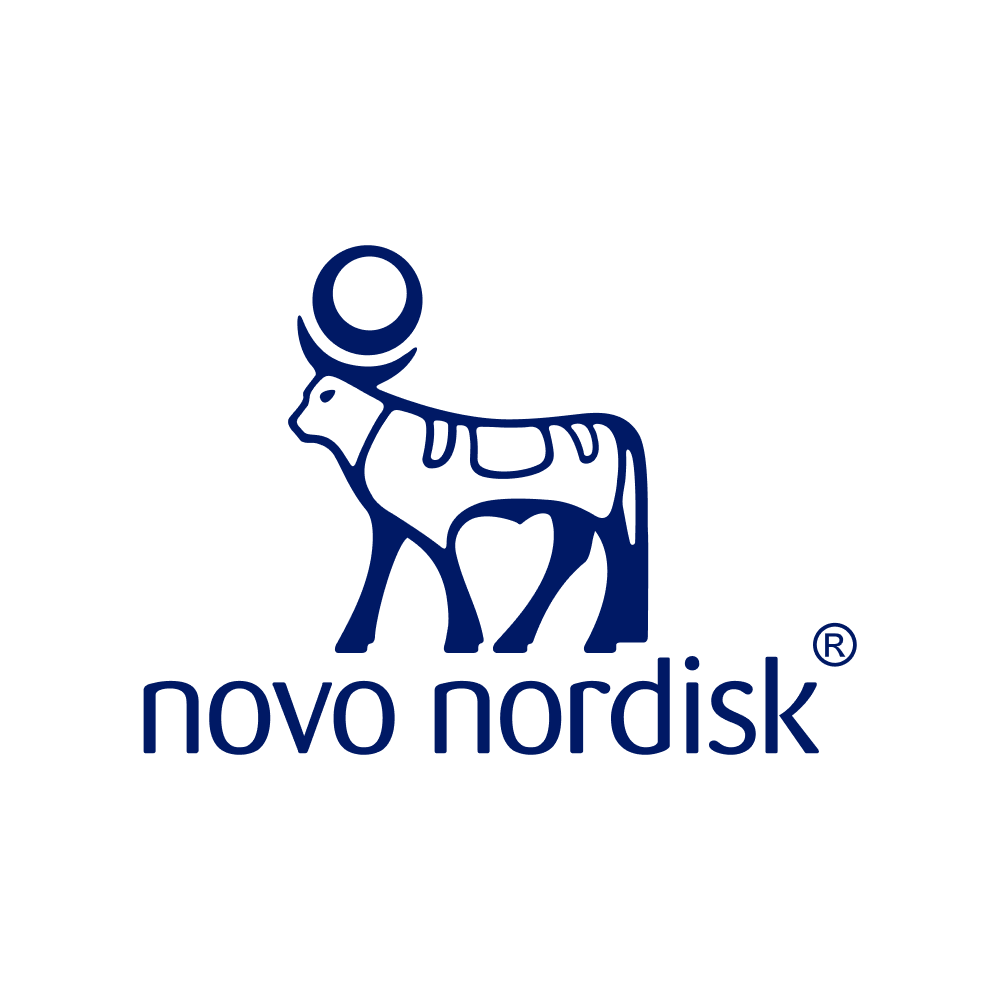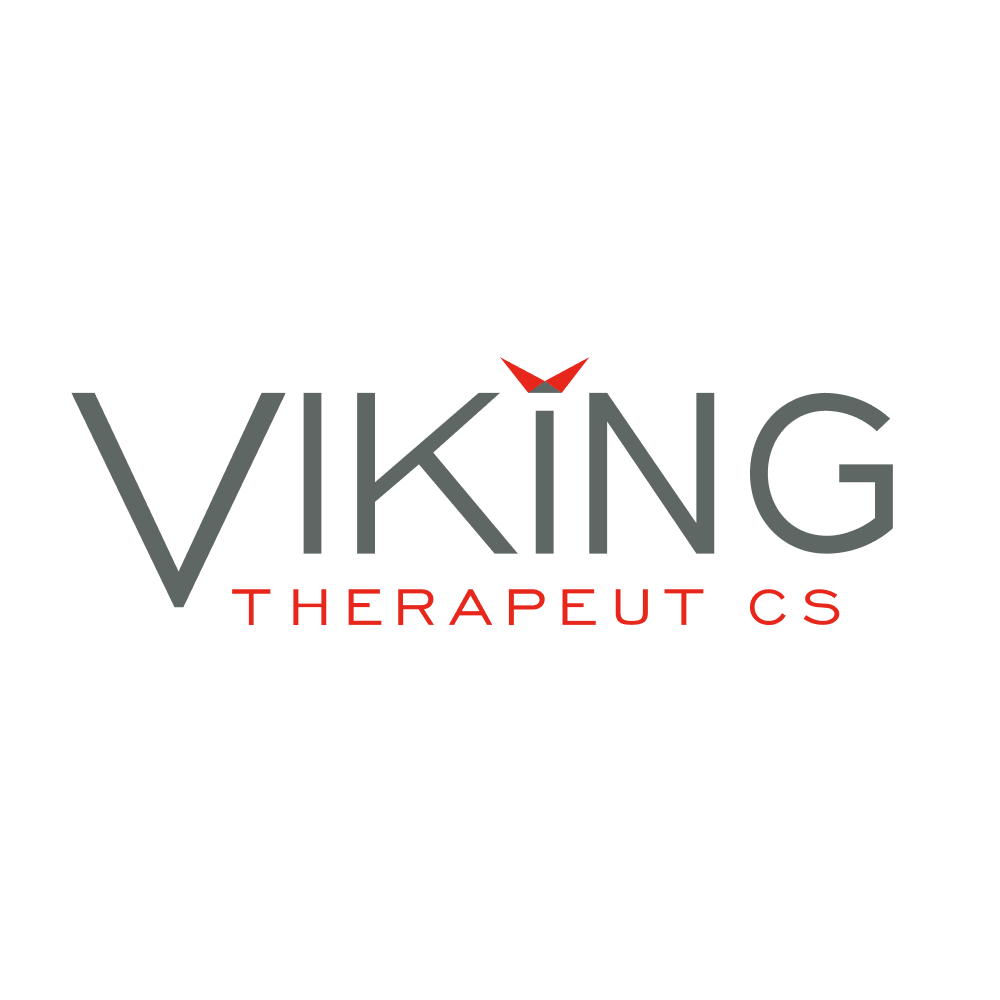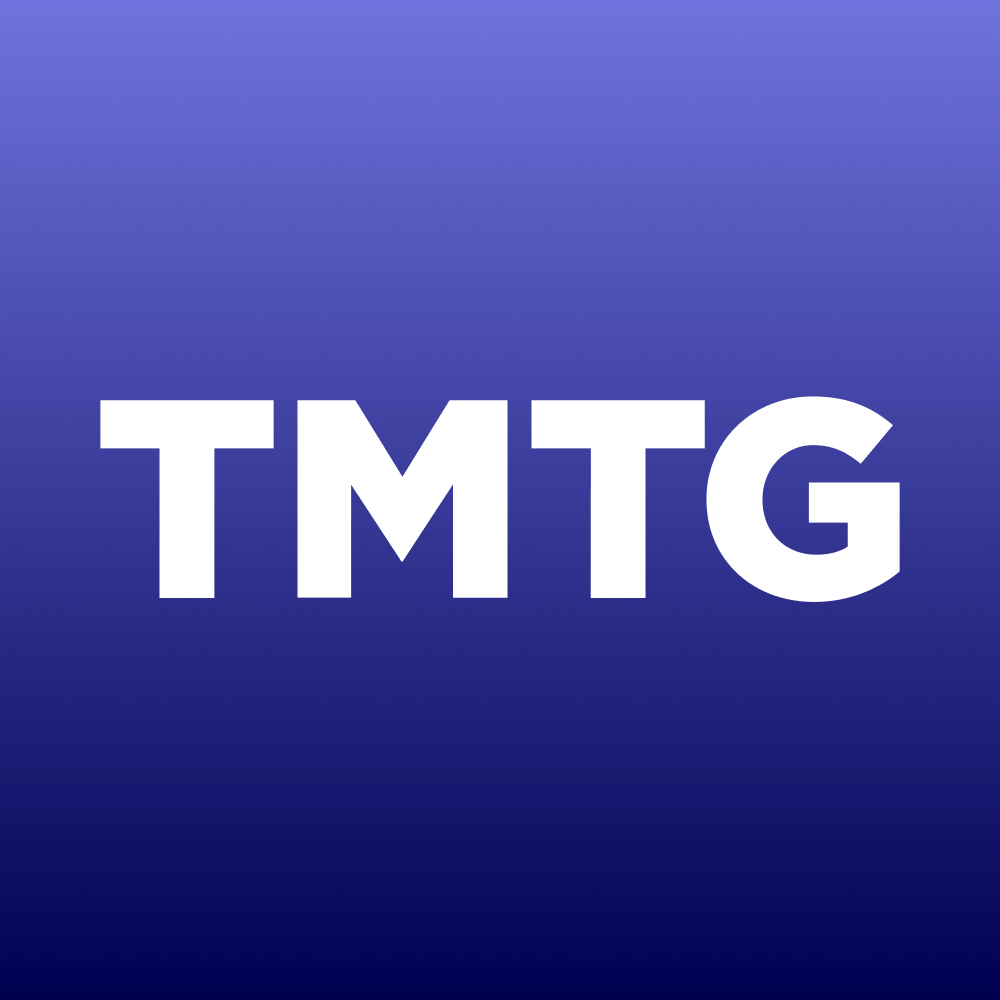Advertisement|Remove ads.
Trump Threatens 200% Tariffs On Drug Imports, Says Big Pharma Will Get Some Time 'To Get Their Act Together'

U.S. President Donald Trump on Tuesday threatened to impose tariffs as high as 200% on pharmaceuticals imported into the United States, but suggested implementation would be delayed by a year to a year and a half.
“They’re going to be tariffs at very high rate, like 200%,” Trump said during a Cabinet meeting, adding, “We’ll give them a certain period of time to get their act together,” referring to drugmakers relocating manufacturing to the U.S.
Commerce Secretary Howard Lutnick told CNBC that details on pharmaceutical tariffs would be finalized by the end of the month following the completion of studies on pharmaceuticals and semiconductors.
Trump’s latest threat comes amid a Section 232 national security investigation launched in April to assess the impact of imports on U.S. supply chains.
Leerink Partners analyst David Risinger said in a note that the announcement is positive for the industry in the near term, citing delayed implementation and uncertainty over whether the administration will ultimately follow through.
While companies like Eli Lilly, Johnson & Johnson, and AbbVie have already been putting more money into U.S. operations, many pharmaceutical firms have warned that the proposed tariffs could raise costs, deter investment in the U.S., and disrupt the drug supply chain, potentially putting patients at risk.
PhRMA, the sector’s largest lobbying group, reiterated opposition to the tariffs.
“Every dollar spent on tariffs is a dollar that cannot be invested in American manufacturing or the development of future treatments and cures for patients,” said Alex Schriver, PhRMA’s senior vice president of public affairs.
While supporting the goal of revitalizing U.S. manufacturing, he called tariffs on medicines “counterproductive,” noting drugs have historically been exempt from tariffs due to the risk of cost hikes and shortages.
On Monday, Trump signed an executive order delaying the implementation of new general tariffs until Aug. 1 — a reprieve paired with a warning: if countries don’t strike bilateral deals by then, steep new levies will kick in.
In letters to 14 trading partners, Trump outlined country-specific tariff rates and said that sectoral tariffs, including those on pharmaceuticals, would be handled separately.
The SPDR S&P 500 ETF Trust (SPY), which tracks the S&P 500, is up 6.1% year-to-date, while the Invesco QQQ Trust, Series 1 (QQQ), which tracks the Nasdaq-100, has gained 8.3%.
Meanwhile, the SPDR Dow Jones Industrial Average ETF Trust (DIA) is up 4.4%.
On Stocktwits, the retail sentiment was ‘neutral’ for SPY amid ‘low’ message volume, while sentiment for both QQQ and DIA was ‘bullish’ and ‘bearish’, respectively, amid ‘normal’ volume.
For updates and corrections, email newsroom[at]stocktwits[dot]com.












/filters:format(webp)https://st-everywhere-cms-prod.s3.us-east-1.amazonaws.com/large_merck_logo_resized_05f46cfc54.jpg)
/filters:format(webp)https://news.stocktwits-cdn.com/shivani_photo_jpg_dd6e01afa4.webp)
/filters:format(webp)https://news.stocktwits-cdn.com/large_Trending_stock_resized_may_jpg_bc23339ae7.webp)
/filters:format(webp)https://news.stocktwits-cdn.com/vivekkrishnanphotography_58_jpg_0e45f66a62.webp)
/filters:format(webp)https://news.stocktwits-cdn.com/large_arthur_hayes_OG_jpg_734ff95af6.webp)
/filters:format(webp)https://st-everywhere-cms-prod.s3.us-east-1.amazonaws.com/Prabhjote_DP_67623a9828.jpg)
/filters:format(webp)https://news.stocktwits-cdn.com/large_Novo_Nordisk_jpg_96dd19f953.webp)
/filters:format(webp)https://st-everywhere-cms-prod.s3.us-east-1.amazonaws.com/Rounak_Author_Image_7607005b05.png)
/filters:format(webp)https://news.stocktwits-cdn.com/Getty_Images_2203832195_jpg_d80f13d1c7.webp)
/filters:format(webp)https://st-everywhere-cms-prod.s3.us-east-1.amazonaws.com/IMG_9209_1_d9c1acde92.jpeg)
/filters:format(webp)https://news.stocktwits-cdn.com/large_opendoor_OG_jpg_55300f4def.webp)